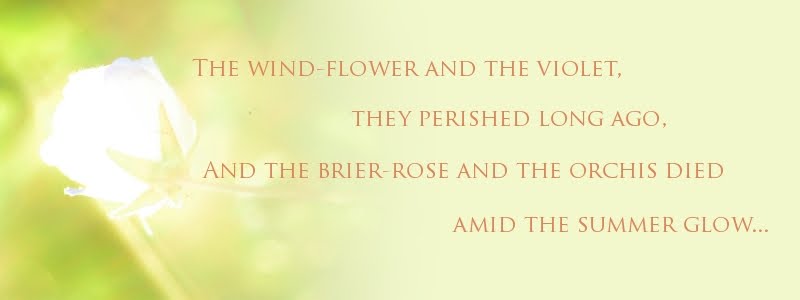Okay, so, per my post below, I'm writing a post about 'how Barbara Kingsolver is my new heroine', and I'm combining it with 'our new wine crate garden'. The previous post about our dinner can be read as on offshoot of this post as well.
Have you read the book Animal Vegetable Miracle by Barbara Kingsolver? If you haven't, you should. That book has literally inspired me to change the way I live my life in regards to food and food making and food buying habits. She has the perfect blend of wry humor and wit and intelligence and plain old FACTS, and vignettes of different facets of her experiment for her family of four to eat only local food for an entire year. While reading that book, I wanted to dig my fingers into the soil and plant and harvest things, and I wanted to cook and eat and can lots of fruits and vegetables, and I wanted to own chickens, and make cheese, and stop eating animals that not only spent their lives crammed together, but who also had lower levels of important vitamins and other nutrients, and whose eggs had higher levels of the bad kind of cholesterol than their pasture fed cage free counterparts. (Make no mistake, I have no intention of ever becoming vegetarian voluntarily.)
Long before I was finished reading the book, Peter and I had decided it would be extraordinarily clever of us to find some wooden wine crates for free from a wine or liquor store to use as square foot gardening boxes. So we did. And you know what? It really was extraordinarily clever of us! It's working like a charm! We have no dirt of our own, and no sunlight in our back patio, pretty much ever, so, on our front porch we currently have 7 wooden wine crates filled with little growing plants, with plans to find 5 or 6 more. In these boxes, we have squash, peas, spinach, lima beans, and lettuce, accompanied by a couple of potted strawberry plants.
A little over a week ago, we were notified that a garden plot was waiting for us that we had been on a waiting list for. So for the last week we've been going over to our garden weeding, turning the soil, transplanting the thinned out plants from our wine crates (it's worth a try, right?) and some other plants, and finally, today, planting new seeds! We transplanted a potted tomato plant and strawberry plant, and several squash plants. And today we planted: green onions, yellow onions, serrano peppers, jalapeno peppers, tomatoes, corn, zucchini, cantaloupe, honeydew and one other kind of melon, spinach, and basil!
I have to tell you, the satisfaction I feel from seeing little plants poke out of the ground from tiny seeds we planted and watered is pretty profound. I am profoundly satisfied with my gardens! And hopefully, if we have thumbs anywhere near the color green, we'll be eating our own organically homegrown vegetables in our meals, right around the time our Two Small Farms first 9 week period is over.
Now we can sit back and wait for the fruits of our labor, and while we're waiting, we'll munch on a little bit of that homemade cheese.
Ahhhhhh.
Wednesday, April 16, 2008
Barbara Kingsolver = My Heroine
Subscribe to:
Post Comments (Atom)


2 comments:
I understand what you're feeling. Last year we planted and harvested tomatoes, summer squash and cucumbers. And we had tiny carrots and bell peppers which didn't come to maturity before the first hard freeze. We learned a lot about gardening in our state.
For FHE this week we planted in cups. We have to start indoors since planting season here doesn't start until June. I plan to write more about this on our blog this week.
I sure hope your garden is productive for you. Do you guys have to pay for your water?
Barbara K certainly did it all out. I don't know if we could do it where we live. In Tucson, no - it costs too much to grow anything. You'd have to harvest rainwater and even then... In WA where we also live we need to water sometimes (but with planning and rainwater collecting we wouldn't have to) but the total heat isn't enough for squash or beans, without starting the squash indoors or the beans under plastic.
But we do eat at the farmer's market in WA and that means we're supporting local foods and maybe that's as good as it will get for most of our diet. There we could buy apples, squash, potatoes, meat, and eggs all through the winter. And I guess that means we could grow them, too, if we lived in a slightly different microclimate.
Even if it's not the whole deal, it's appealing on a deep level. It also means lots of veggies - my most memorable passage from the book was Camille putting spinach on her pb sandwich.
Not only do we dream of our potential garden from reading this, but we are also incorporating far more fiber in fun, non-disgusting ways. I'm going to put that on my blog someday.
Post a Comment